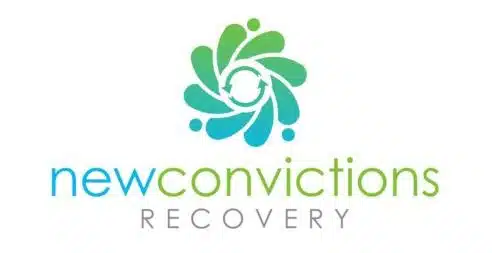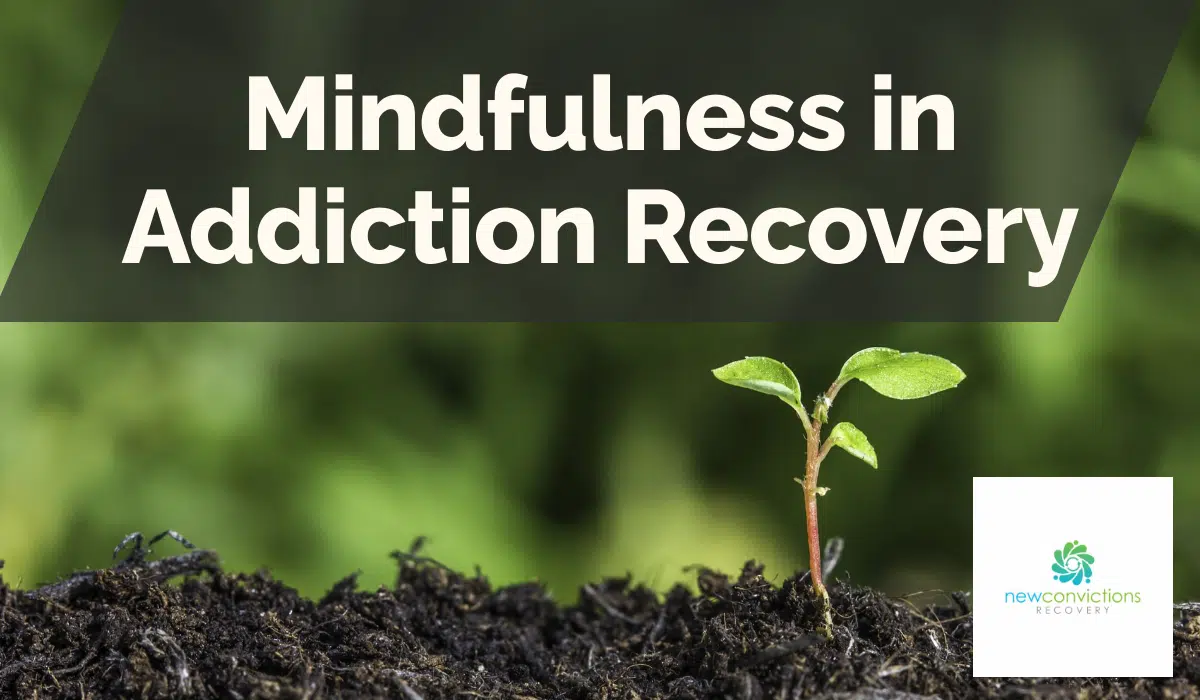Mindliness is a term that has been increasing steadily in popularity, popping up in all sorts of unexpected sectors. However, many people still aren’t quite sure what it is, what it can do for them, or how they can incorporate it into their lives. Mindfulness may seem like an unlikely candidate to aid in addiction recovery; however, it has a whole trove of benefits ranging from reducing stress to improving emotional well-being. Some mindfulness tools can be used in helping in the overall addiction recovery process.
The Concept of Mindfulness
Mindfulness is the practice of bringing your attention to experiences happening in the present moment. It involves observing the thoughts and feelings that arise without judging them good or bad. Instead of being lost in thought or caught up in emotions, mindfulness encourages acceptance, patience, and compassion.
How Mindfulness Relates to Addiction Recovery
When it comes to addiction recovery, mindfulness can be incredibly beneficial. People struggling with addiction often have low self-esteem and severe emotional pain. Through mindfulness, they can learn to stay focused and calm, helping them to manage their emotions in a non-reactive way. Addicts often use drugs or alcohol to avoid negative emotions; however, practicing mindfulness can help them identify these feelings, sit with them, and eventually accept them. By doing this, they stop trying to push them away or cover them up.
Practical Steps to Introduce Mindfulness in Recovery
- Spend five to ten minutes each day in a quiet space where you can focus on your breathing.
- As thoughts rise, name them and let them go.
- Notice sensations in your body without judgment.
- Try to incorporate mindfulness into your daily activities.
Adopting a Holistic Approach
A holistic approach to addiction recovery, which includes mindfulness, looks at treating the mind, body, and spirit. It’s not just about overcoming the substance addiction, but about rebuilding a life that is balanced and fulfilling. This approach works because it treats the entire person and not just the symptoms of the addiction. Emotional healing, achieved through mindfulness, forms a large part of a holistic recovery process. It forms the basis for a more balanced and fulfilled life post-recovery.
FAQs
- Is mindfulness a proven technique in addiction recovery?Yes, numerous studies have shown that mindfulness can significantly aid in the addiction recovery process.
- Can I practice mindfulness without any guidance?Yes, while a guide or a structured program can be helpful, you can practice mindfulness by yourself.
- Does mindfulness solve all my addiction problems?No, mindfulness is a tool and forms part of an overall recovery plan that usually also involves medical and psychological support.
Conclusion
Overcoming addiction is a challenging, multifaceted process. Integrating mindfulness into your recovery program can drastically aid the process, offering a natural method for managing stress, reducing cravings, and addressing underlying emotional issues. Furthermore, a holistic approach ensures long-term recovery rather than just addressing immediate symptoms. Mindfulness is more than a buzzword; it’s a viable way of changing the way you experience the world and how you react to it.

